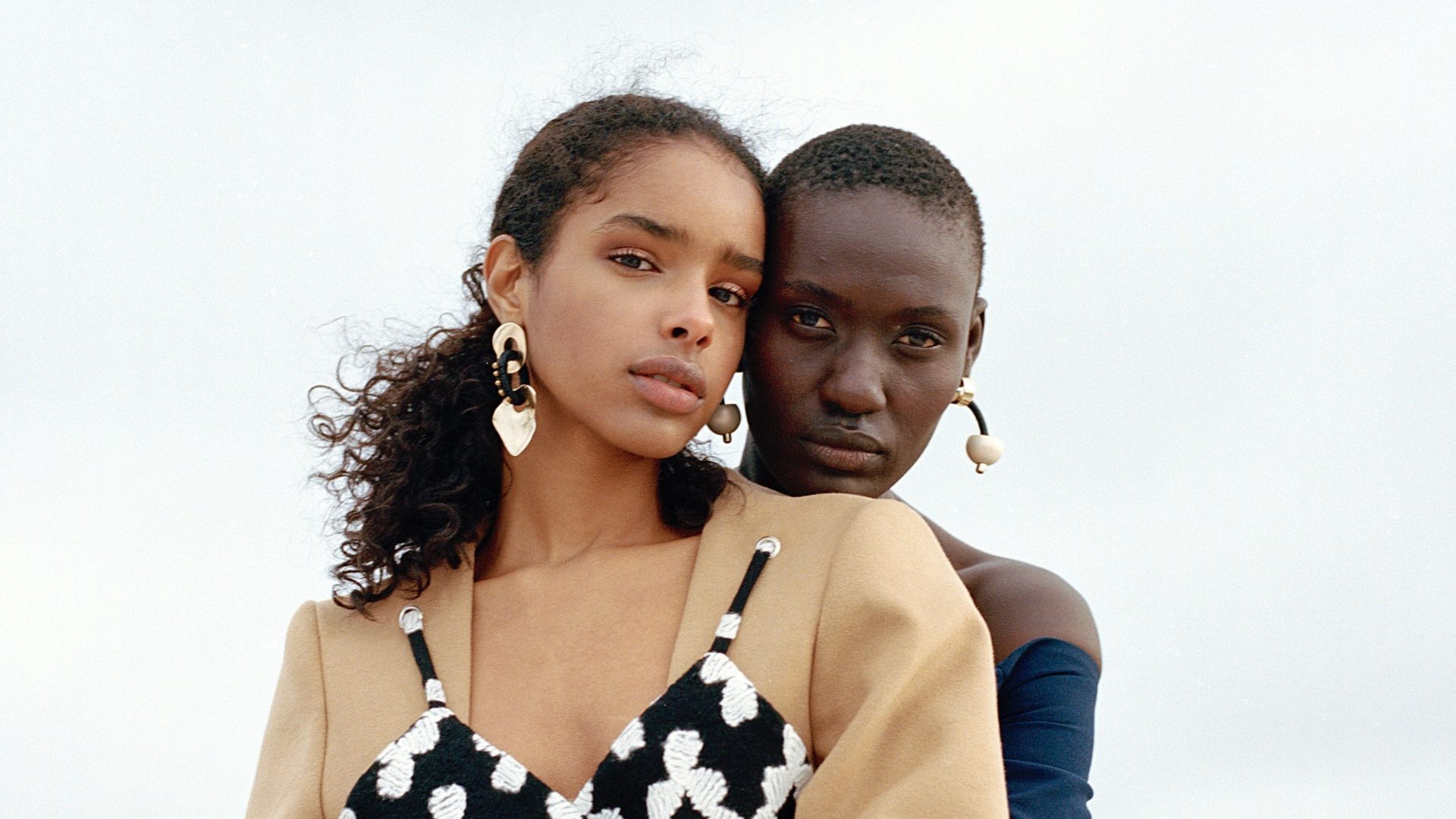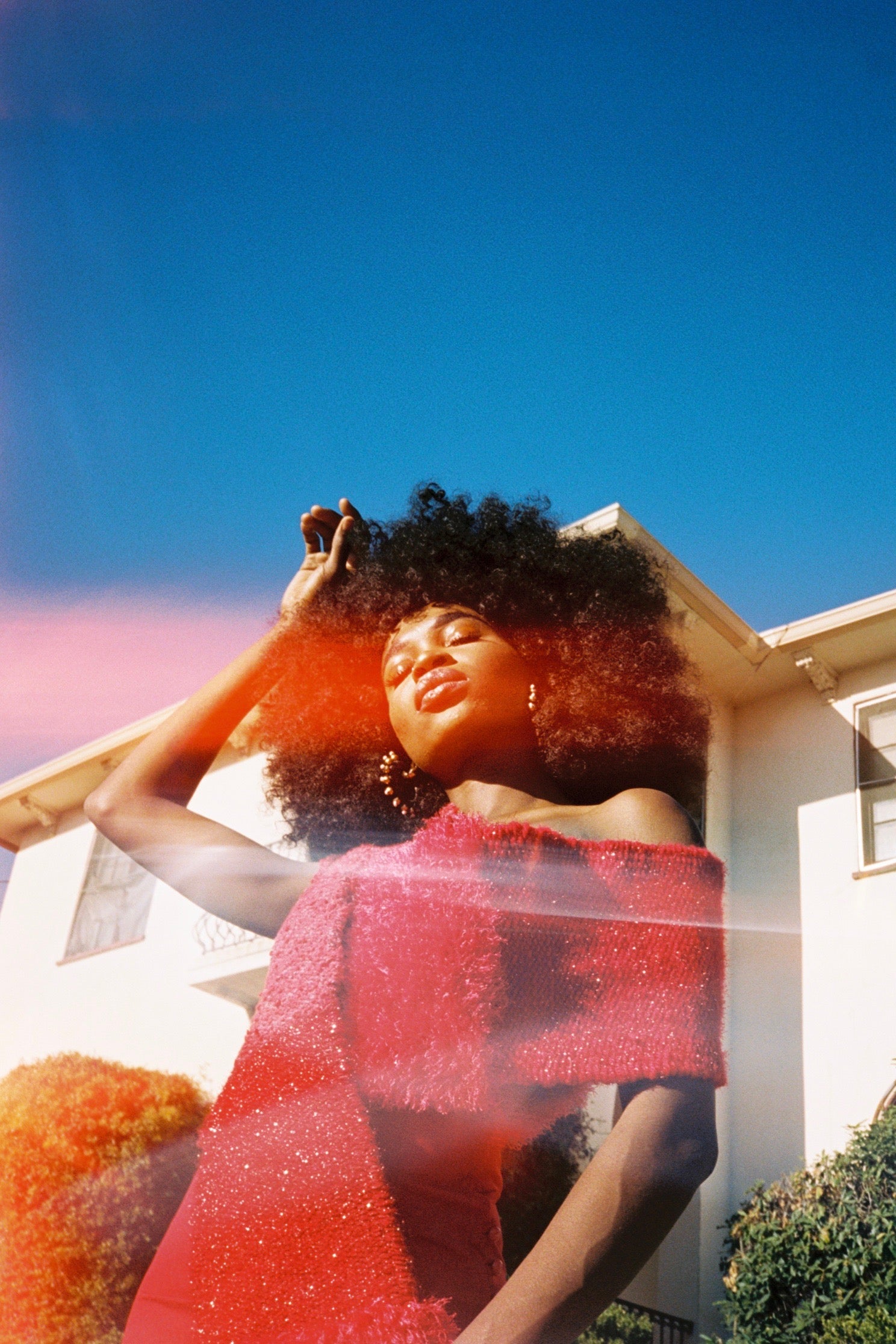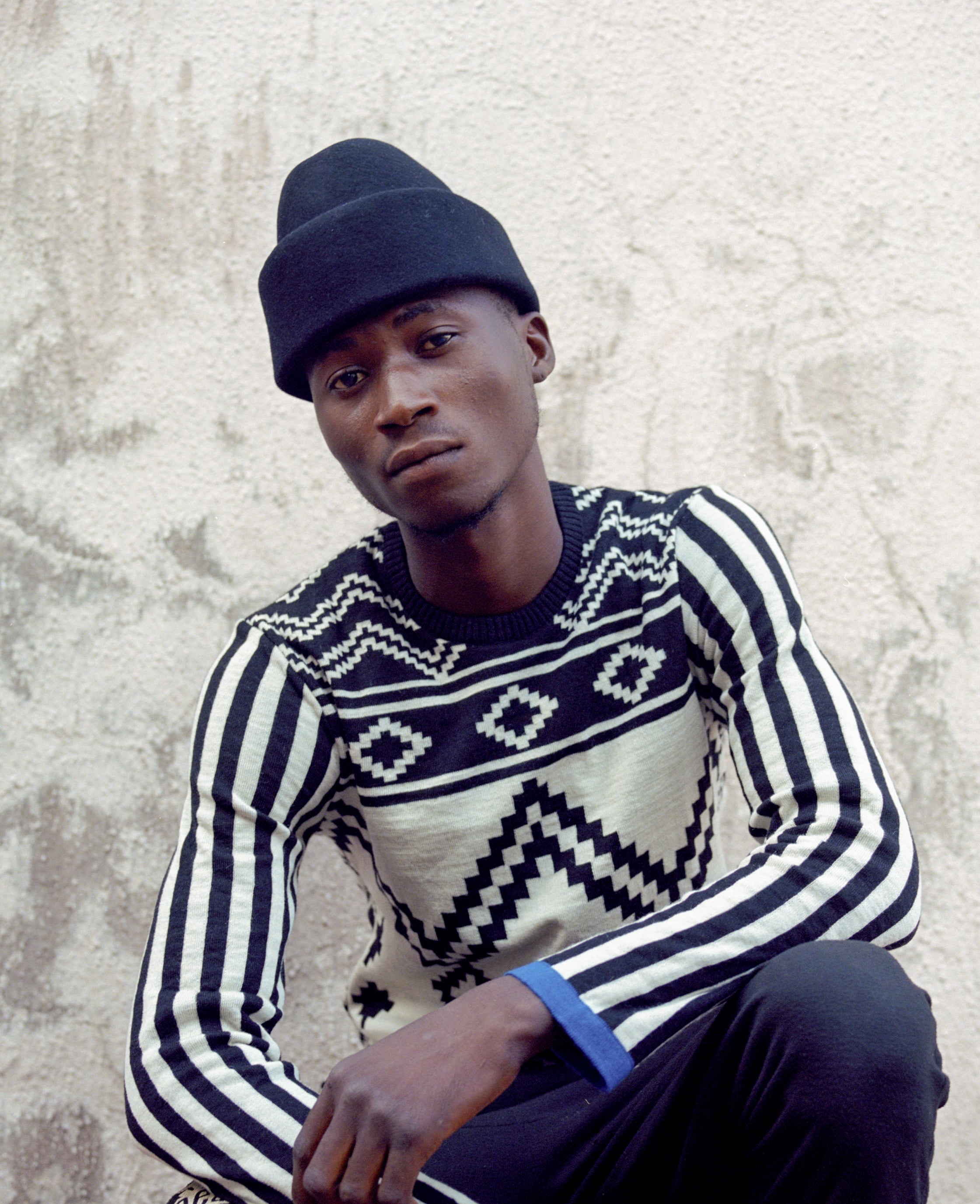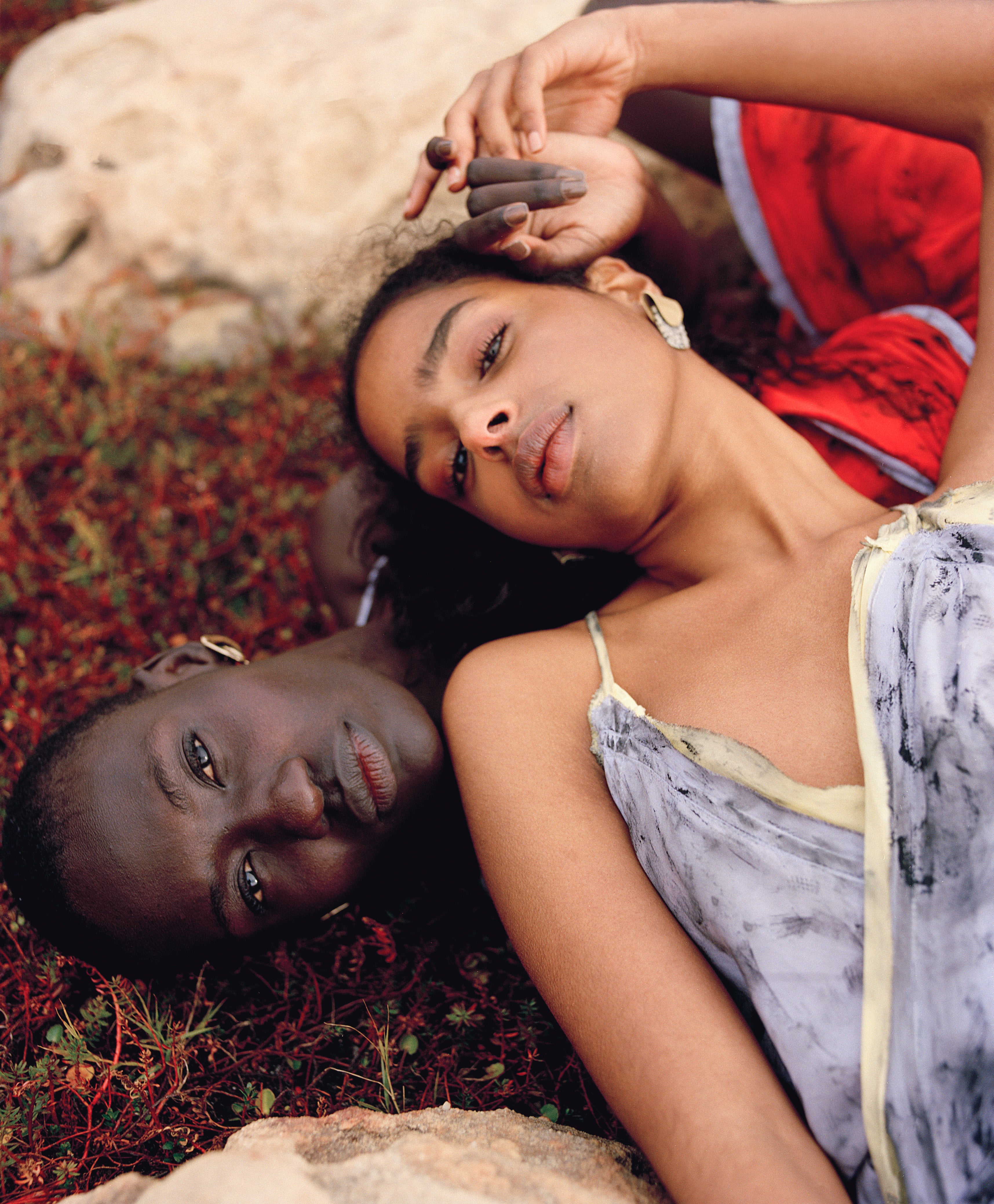
In a fashion industry that loves to celebrate European aesthetics, African fashion, which provides the same chic and colorful essence is hardly celebrated. And beyond dashikis and tribal prints, there is a community of African designers that create luxury high-fashion pieces. While these designers are still fighting to become recognized internationally, Amira Rasool, Founder of the E-commerce brand The Folklore, is making it that much easier by providing an elite online African shopping experience.
After pursing her masters in Cape Town for African Studies and evolving from an editorial background, Rasool created The Folklore to push African designers mainstream. Based in New York City, she has managed to build organic relationships with emerging designers and introduce their work to a larger audience. “One of my favorite brands, Mmuso Maxwell, Beyonce actually wore at the Global Citizens Festival in Johannesburg. When I found them, they had maybe a little under 2000 followers on Instagram,” said Rasool.

Now with a lucrative business and consistent clientele through online sales and pop-up shops, Rasool is launching a crowdfunding campaign via iFund Women. The campaign will help The Folklore continue their business as well as create a bigger budget to connect with more African designers.
ESSENCE got a chance to chat with Rasool about how The Folklore started, African fashion, and the transition process of becoming her own boss. Read below.
ESSENCE: What is The Folklore’s mission?
Rasool: We’re not trying to sell Africa to people. These designers have their own story. They have their own narrative. That’s why I even named it The Folklore, because The Folklore is all about storytelling, and passing down the stories of our ancestors through different creative mediums. Before we were doing it through dance, we were doing it through verbal communication, and now it’s just through design. So we’re telling these stories through design. I can go anywhere around the world and find designers of all backgrounds that will fit The Folklore’s aesthetic. But what I wanted to do was empower other people of color and people born in Africa to have the same access to global customers.
ESSENCE: Why did you decide to go on the E-commerce route?
Rasool: I wanted something that was, first of all, cost-effective, because with E-Commerce you can launch with very little funds, and this was self-funded. Also I think the biggest issue with a lot of the designers that I work with is they don’t have an E-Commerce presence themselves. If they do have one it’s very expensive to ship internationally.

“I’d rather build something for myself rather than build something for someone else.”
ESSENCE: How has it been transitioning from the magazine space to now leading your own company?
Rasool: It’s so much better. Even though I do like structure, and that’s been one thing, self-motivation is definitely difficult as an entrepreneur because it’s so easy to just fall into bad habits when you don’t have anyone constantly checking you. And it’s hard when you don’t have anyone to bounce ideas off of, everything is really up to you and how much you want it. So it’s been different, but I wouldn’t do anything else. I don’t want to work for anyone in the future. This is something where I just feel like I do a lot of grunt work, and I have to humble myself in a lot of ways, but I’d rather build something for myself rather than build something for someone else.
ESSENCE: How do you choose which designers to work with?
Rasool: I pick the designers through just checking out things on the internet and on social media. It was me being in South Africa that was really helpful. That was part of the reason why I moved to South Africa so I could be closer to the designers. I would just go to different designers stores in Cape Town and just see who they have and look through their racks. I went to Lagos Fashion and Design Week when I was also sourcing.

ESSENCE: Do you plan to expand the number of designers you carry?
Rasool: It’s an exclusive platform. We have people who reach out all the time but we’re very selective. This season we’re going to probably cap at 25. We’re going to be adding things weekly for people to like. If they subscribe to our email list, they’ll get those alerts as soon as we upload a new designer and a new style.
ESSENCE: What’s next for The Folklore?
We’re actually going to be doing a big pop-up shop push. We are going to be popping up in different cities around the U.S., and then next summer we’re going to try to take it to Europe as well. We’ve also launched a crowdfunding campaign to raise money in order to go to all of these places.
For more information on The Folklore’s crowdfunding campaign, click here.